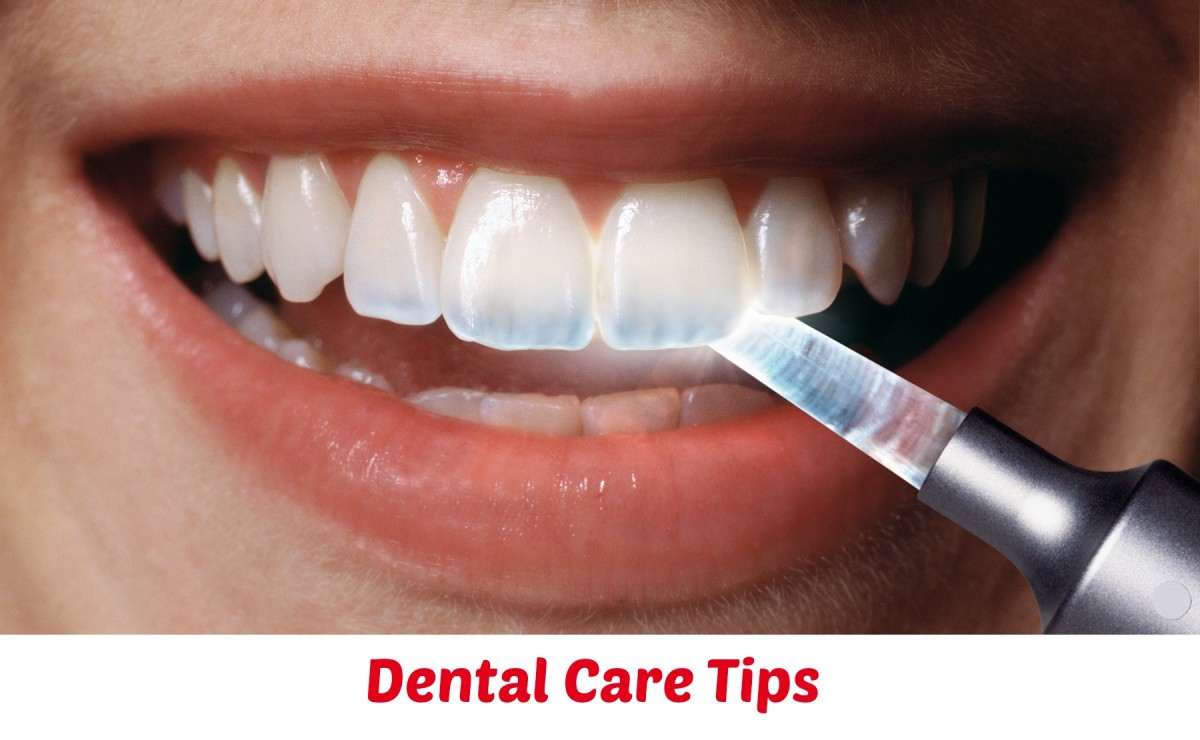
Dental
emergency is a broad,
umbrella term used to describe an issue involving the teeth and supporting
tissues that is of high importance to be fixed/treated by the relevant
professional. Dental emergencies do not always involve pain, although this is a
common signal that something needs to be looked at. Pain can originate from the
tooth, surrounding tissues or can have the sensation of originating in the
teeth but be caused by an independent source (orofacial pain and toothache).
Depending on
the type of pain experienced an experienced clinician can determine the likely
cause and can treat the issue as each tissue type gives different messages in a
dental emergency. Many emergencies exist and can range from
bacterial/fungal/viral infections to a fractured tooth or dental restoration,
each requiring an individual response and treatment that is unique to the
situation. Fractures (dental trauma) can occur anywhere on the tooth or to the
surrounding bone, depending on the site and extent of fracture the treatment
options will vary. Dental restoration falling out or fracturing can
also be considered a dental emergency as these can impact on function in
regards to aesthetics, eating and pronunciation and as such should be tended to
with the same haste as loss of tooth tissue. All dental emergencies should be
treated under the supervision or guidance of a dental health professional in
order to preserve the teeth for as long as possible dentist central phoenix.
Teeth Cleaning
…is part of
oral hygiene and involves the removal of dental plaque from
teeth with the intention of preventing cavities, gingivitis, and periodontal
disease. People routinely clean their own teeth by brushing and interdental
cleaning, and dental hygienists can remove hardened deposits (tarter) not
removed by routine cleaning. Those with dentures and natural teeth may
supplement their cleaning with a denture cleaner.
Brushing
Careful and
frequent brushing with a toothbrush helps to prevent build-up of
plaque bacteria on the teeth. Electric toothbrushes were developed,
and initially recommended for people with strength or dexterity problems in
their hands, but they have come into widespread general use. The effectiveness
of electric toothbrushes at reducing plaque formation and gingivitis is
superior to that of conventional manual toothbrushes.
Flossing and
interdental cleaning
In addition to
brushing, cleaning between teeth may help to prevent build-up of
plaque bacteria on the teeth. This may be done with dental floss or
interdental brushes.
80% of cavities
occur in the grooves, or pits and fissures, of the chewing surfaces of the
teeth.
Special appliances
or tools may be used to supplement toothbrushing and interdental cleaning.
These include special toothpicks, oral irrigators, and other devices dentist north central phoenix.
